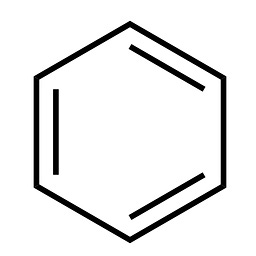
Now that our work on screening for generality has finally been published in Nature, I wanted to first share a few personal reflections and then highlight the big conclusions that I gleaned from this project. This project originated from conversations I had with Eugene Kwan back in February 2019, when I was still an undergraduate at MIT.






